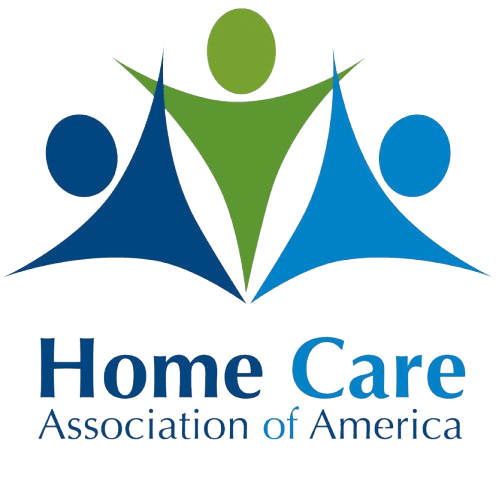Lots of seniors find themselves suddenly dealing with a chronic runny nose. It’s an embarrassing problem and it can be irritating, too. Rhinitis is the medical term for irritation and inflammation of nasal membranes, which can lead to sneezing, stuffiness, and even a runny nose. Sometimes this condition goes away as quietly as it arrived. But sometimes it sticks around, which means it’s time to figure out the cause. Personal care at home can be helpful when seniors are trying to solve mysteries like this.
Symptoms of Chronic Runny Nose
There are a lot more symptoms associated with this type of issue than just a runny nose. Seniors might be clearing their throats a lot more often because of mucus buildup. They might also experience a diminished sense of smell or taste. Feeling as if their nasal passages are clogged could also be present. Pressure in the face and nasal crusting are additional symptoms that are typically related to chronic runny nose.
Environmental Triggers
The environmental triggers for seniors could be similar to what they were when they were younger. That might include triggers like pollen, dust mites, mold, pet dander, and more. Seniors might find that they are more susceptible to some of these triggers at certain times of the year, like when spring pollen is much more present.
Health Issues
Sometimes health issues are to blame for a chronic runny nose. Allergies can fall under this category, but so can chronic upper respiratory infections that just won’t leave. Hormonal changes as well as nasal polyps are additional health issues that can cause a chronic runny nose. If health issues are suspected, it’s a good idea to see a doctor right away.
Side Effects from Medications
It’s also possible that some medications that keep chronic health issues under control have side effects that aren’t that much fun, like a constant runny nose. The most typical culprits here are blood pressure medications, decongestant nasal sprays, anti-inflammatory medications, and some psychiatric drugs. It’s important to weigh the side effects against how well the medications treat the problem they’re prescribed to treat before making changes.
Eating
Food and eating can also cause a chronic runny nose. Gustatory rhinitis can occur when people eat spicy foods. Allergic rhinitis is more severe because food allergies can become life-threatening. If seniors suddenly feel unable to breathe after eating, they need to seek medical attention immediately. Tracking symptoms and keeping a food log can help to narrow down food triggers. Home care providers can help seniors to do this more easily.
Treating chronic runny nose starts with a trip to the doctor. Seniors might benefit from home remedies, however. Personal care at home can help seniors to set up and maintain humidifiers and remember to take medications their doctors prescribe. Caregivers can also help to ensure that seniors are comfortable and that they have everything they need, like plenty of soft tissues, to keep their chronic runny nose from becoming too much of an irritating problem.
If you or an aging loved one is considering personal care at home in Walnut Creek, CA, please contact the caring staff at Provident Care Home Care today at (209) 578-1210.
- The Benefits of Home Care Assistance for Seniors Aging in Place - April 11, 2025
- Managing Diabetes in Seniors: How Personal Care at Home Makes a Difference - April 4, 2025
- Understanding Parkinson’s Disease and How Home Care Assistance Can Help - March 28, 2025



